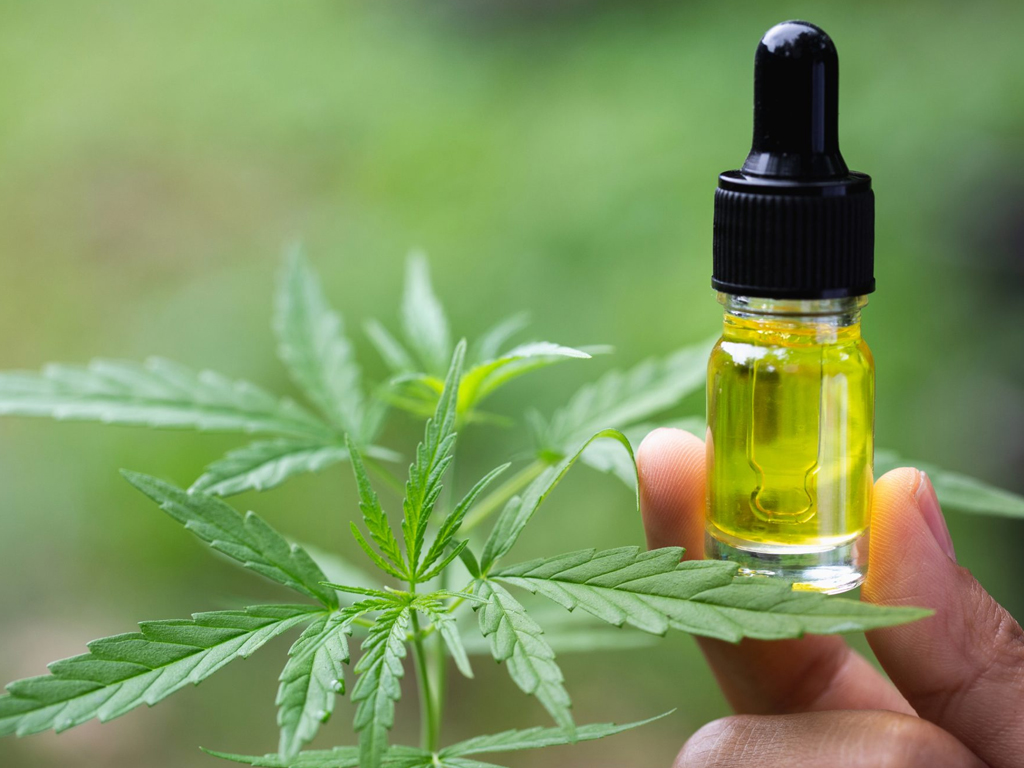
Description
CBG – Cannabigerol is a type of cannabinoid found in the cannabis plant. It’s often referred to as the “mother of all cannabinoids.” This is because other cannabinoids are derived from cannabigerolic acid (CBGA), an acidic form of CBG. CBG is found in smaller quantities than other cannabinoids in cannabis plants, such as cannabidiol (CBD) and tetrahydrocannabinol (THC). This makes consumer products derived from cannabigerol rare and often expensive. However, CBG is growing in popularity because of the many potential benefits the cannabinoid offers.
CBG is processed by the body’s endocannabinoid system. The endocannabinoid system is made up of molecules and receptors that are responsible for keeping our bodies in an optimal state, regardless of what’s going on in our external environment. In our bodies, CBG imitates endocannabinoids, the natural compounds our body makes. But it does not have THC’s psychotropic effects, so it will not give you a high.
Potential Benefits of CBG
Research shows that CBG may have therapeutic effects. While more research is needed to learn the exact effects of this cannabinoid and its potential benefits, here are a few of their findings.
Anxiety and Depression – One small-scale study found that the number one reason people used cannabis preparations high in CBG was to reduce anxiety, with one in three using it to ease depression. Most of the users reported that they felt that CBG was more effective for these purposes than conventional medicines.
Chronic Pain – In the study mentioned above, the second-most common reason people used CBG was for chronic pain, with 73.9% reporting that it worked better than traditional medicines. Chronic pain is pain that lasts three months or more. This type of condition impacts roughly one in five U.S. adults or around 51.6 million Americans.
Inflammatory Bowel Disease (IBD) – According to one review, between 15% and 40% of people with inflammatory bowel disease (IBD) use cannabis and cannabinoids to increase their appetite as well as to reduce their pain. Although studies have found promise for its effects on IBD, researchers added that high-quality evidence is lacking, as is advice as to the proper dose and mode of administration.
Glaucoma – Individuals with high eye pressure, also known as intraocular pressure (IOP), are at a greater risk of developing glaucoma.7 Several studies have looked at the impact of cannabinoids on IOP. Many have found that these cannabis derivatives help lower IOP in both humans and animals, making them a potential glaucoma treatment.8
Huntington’s Disease – Huntington’s disease causes a breakdown of nerve cells in the brain. Cannabigerol appears to have a positive effect on cell viability while also protecting certain cells (N2a cells) from the toxic effects of excitatory neurotransmitters that, when activated too long, lead to cell death.9
Cancer – A 2021 meta-analysis reports that CBG appears to not only stop breast cancer cells from increasing in numbers but may also kill off inflammatory cells associated with this cancer type.10
Bacterial Infections – A 2020 study on the antibiotic potential of cannabis found that CBG has antibacterial properties, especially against methicillin-resistant strains of Staphylococcus aureus.11 Staphylococcus aureus is also known as MRSA, a drug-resistant bacteria that causes staph infections.
CBC – Cannabichromene – CBC has the same origins as both THC and CBD do in that they all stem from cannabigerolic acid (CBGA). Cannabis plants produce CBGA, the precursor to three major cannabinoids: tetrahydrocannabinolic acid (THCA), cannabidiolic acid (CBDA), and cannabichromenic acid (CBCA).
CBC is a closely related compound that’s starting to become more popular as a supplement. This unique cannabinoid has been shown to offer a variety of unique health benefits. It’s shown promise as an anticancer agent, painkiller, and neuroprotective agent.
Some studies have even shown CBC could be a more effective antidepressant than CBD. Below are the benefits of CBC.
- Antimicrobial– CBC Fights Bacteria and Fungi. It exhibits “strong” antibacterial effects on a variety of gram-positive, gram-negative, and acid-fast bacteria; CBC shows “mild to moderate” activity against different types of fungi too.
- Anti-Viral– It may play a role in the anti-viral effects of cannabis.
- Anti-inflammatory Properties– CBC can reduce oedema (swelling) as well as inflammation of the intestinal tract. CBC appears to fight inflammation without activating cannabinoid receptors, CBC produces a stronger effect when combined with other cannabinoids.
- Analgesic– Reduces pain, although it is not as strong as THC. CBC contributes to the overall analgesic effects of cannabis. It fights pain by “interacting with several targets involved in the control of pain” at the spinal level. CBC is non-psychoactive; scientists are hopeful that these cannabis compounds can treat pain – without the high.
- Anti-Depressant– It fights depression. CBC and several other cannabinoids may “contribute to the overall mood-elevating properties of cannabis.” It doesn’t seem to activate the same pathways in the brain as THC.
- Stimulates Brain Growth– CBC appeared to increase the viability of developing brain cells – a process known as neurogenesis.
- Anti-Proliferative– inhibits the growth of cancerous tumors. This could be a result of its interaction with anandamide (an endocannabinoid, which means our body produces it naturally). It affects the CB1 receptors, as well as the CB2 receptors, and has been found to fight against human breast cancer. CBC inhibits the uptake of anandamide, which allows it to stay in the bloodstream longer.
- Migraines– CBC has also been a successful remedy for migraines.
Additional information
| CBG/CBD Kushi Kandy 50MG | Watermelon 5 Pack, Watermelon 15 Pack, Watermelon 30 Pack |
|---|
Related products
-

Delta 9 THC
$11.99 – $55.99 Select options This product has multiple variants. The options may be chosen on the product page -

Delta 8 THC Kushi Kandy
$7.99 – $49.99 Select options This product has multiple variants. The options may be chosen on the product page -

CBD Tinctures In Three Flavors
$34.99 – $109.99 Select options This product has multiple variants. The options may be chosen on the product page -

CBD
$8.99 – $74.99 Select options This product has multiple variants. The options may be chosen on the product page

Reviews
There are no reviews yet.